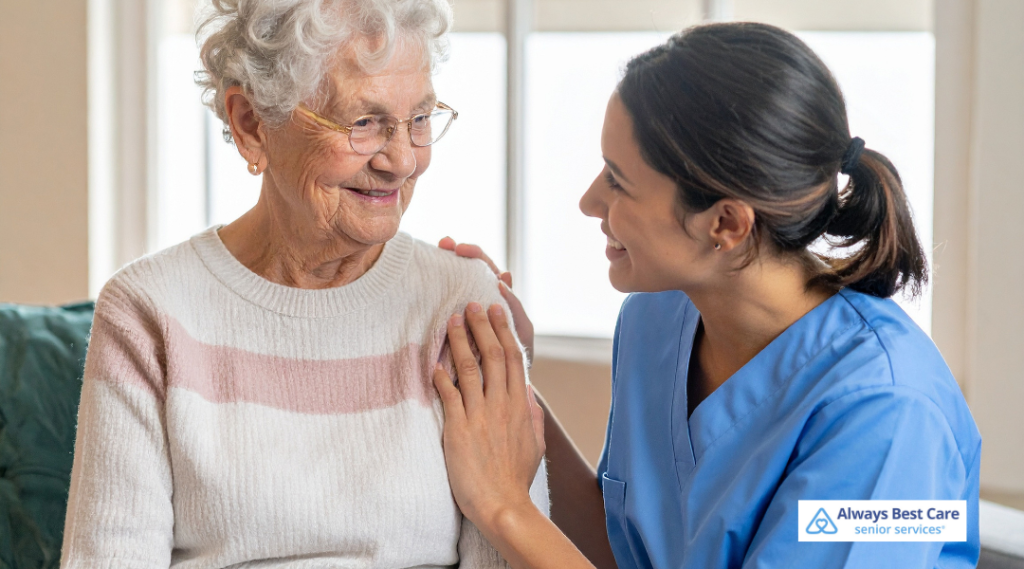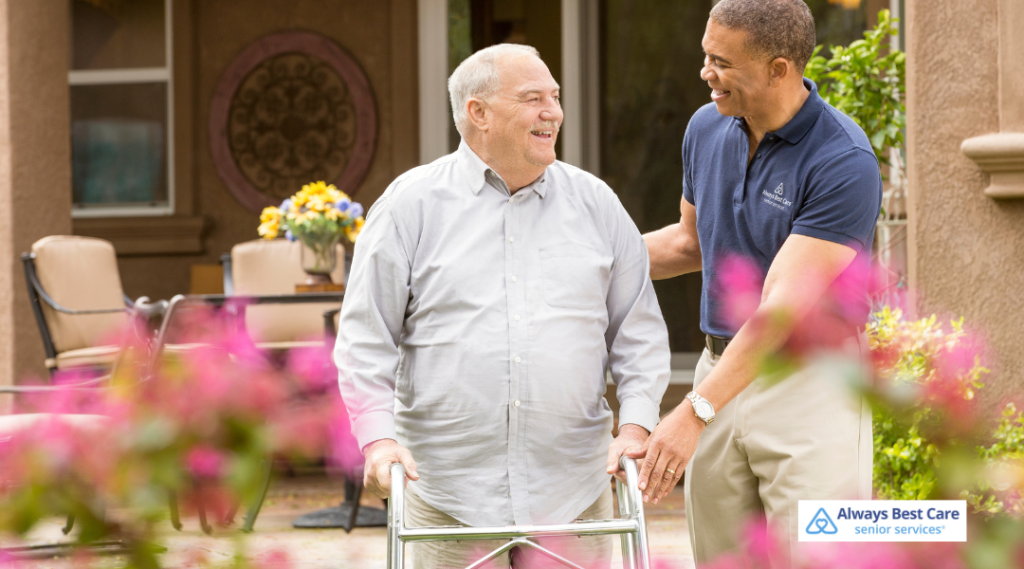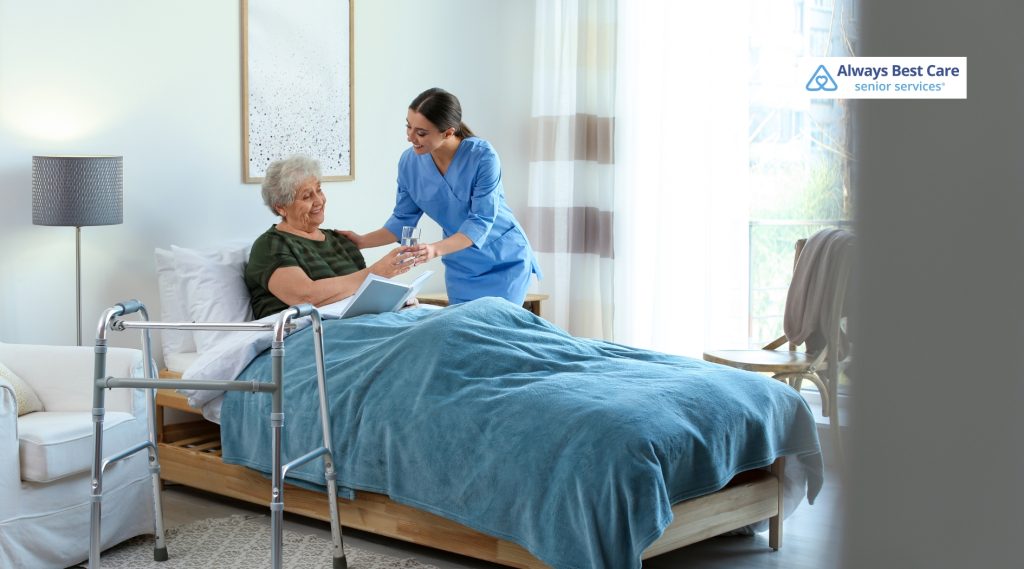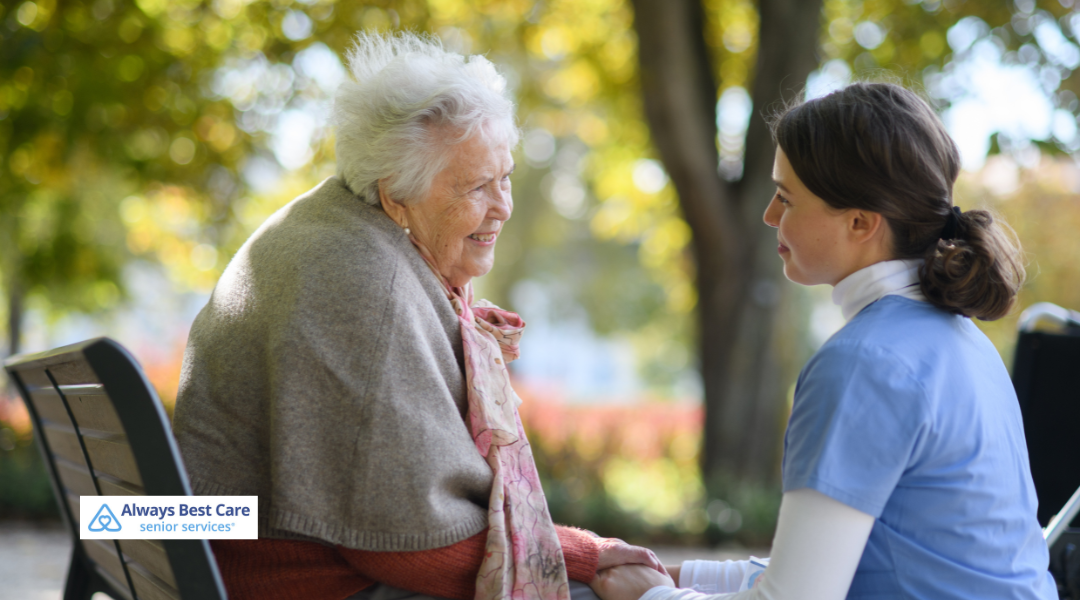Caring for the Heart and Mind: How Behavioral Health Shapes Senior Well-Being in Asheville, NC

Most of us focus on doctor visits, medications, and mobility aids for aging loved ones. Here’s what gets overlooked—the emotional landscape that colors every single day of senior life.
Behavioral health isn’t just another healthcare buzzword. It’s the thread connecting how seniors think, feel, and interact with the world around them. For older adults in Asheville, challenges like losing lifelong friends, adjusting to retirement, or facing limitations can weigh heavily on the spirit.
The good news? With proper attention and support, seniors can maintain vibrant emotional lives well into their golden years.
What you will learn:
- Why behavioral health is essential to senior well-being and how emotions, thoughts, and social connections influence daily life.
- The key warning signs that signal emotional or mental health struggles in older adults.
- How emotional wellness affects physical health and recovery for seniors.
- Simple yet powerful ways families and caregivers can nurture emotional balance and connection at home.

Table of Contents
What Does Behavioral Health Actually Mean?
Think of behavioral health as the emotional engine that drives daily life. It covers mental wellness, emotional balance, and social connections—all the invisible forces that determine whether someone wakes up excited or overwhelmed.
For seniors, this might look like:
- Processing grief after saying goodbye to a partner or close friend
- Wrestling with depression that sneaks in quietly
- Navigating anxiety about health changes or finances
- Adjusting to memory challenges that make familiar tasks confusing
- Finding purpose after decades of work and routine
Strong behavioral health builds resilience and keeps independence alive. When it suffers, everything else—from managing diabetes to enjoying grandchildren—becomes harder.
Red Flags That Shouldn’t Be Ignored
Families often chalk up personality shifts to “getting older.” But certain changes deserve closer attention:
- Pulling away from church groups, card games, or coffee dates with friends
- Losing enthusiasm for gardening, reading, or other beloved pastimes
- Sleeping too much or barely at all, eating less or overeating
- Snapping at loved ones, crying easily, or feeling persistently blue
- Skipping medications or letting personal grooming slide
- Getting mixed up about time, place, or familiar faces
Nobody should brush these off as inevitable aging. They’re often signals that emotional support is needed.

The Mind-Body Connection Runs Deep
Here’s something fascinating—emotional struggles don’t stay trapped in our heads. They leak into physical health in measurable ways.
Seniors battling depression or anxiety might face:
- Longer recovery times after operations or illnesses
- Higher chances of heart problems or strokes
- Greater difficulty keeping blood sugar or blood pressure stable
- Weakened immune systems that catch every bug going around
Tending to emotional wellness isn’t fluffy self-care talk. It’s genuine preventive medicine that can add quality years to life.
Practical Ways Families Can Make a Difference
You don’t need a psychology degree to support behavioral health in Asheville. Small, consistent efforts create ripples:
- Keep communication flowing through visits, calls, or video chats
- Get moving together with walks around the neighborhood or gentle chair exercises
- Dust off old photo albums, listen to music, start puzzles, or try new recipes together
- Create space for honest conversations about fears and feelings
- Make sure healthcare providers know about mood or behavior changes
Sometimes, though, families need backup—and that’s perfectly okay.
How We Support Emotional Wellness at Always Best Care of Asheville
At Always Best Care, we see the whole person—not just a checklist of physical tasks. Our caregivers step in with:
- Genuine companionship that breaks through loneliness and brings warmth back into daily routines
- Consistent schedules that provide comfort and predictability during uncertain times
- Medication and appointment reminders so nothing important slips through the cracks
- Engaging activities and conversations that spark joy and mental stimulation
- Open communication with families and healthcare teams about any mood or behavior shifts we notice
For seniors living with dementia or Alzheimer’s, we bring specialized memory care that reduces confusion and creates calm through patience and understanding.
Frequently Asked Questions
Q: How do I know if my loved one needs behavioral health support?
A: Trust your instincts. If you notice withdrawal, mood changes, neglecting self-care, or persistent sadness lasting more than two weeks, it’s worth reaching out for professional guidance.
Q: Can home care really help with emotional issues?
A: Absolutely. Regular companionship, structure, and meaningful interaction can dramatically improve mood and outlook. Our caregivers become trusted friends who brighten each day.
Q: What’s the difference between sadness and clinical depression?
A: Everyone feels down sometimes. Depression sticks around, interferes with daily functioning, and doesn’t lift on its own. A healthcare provider can properly assess and recommend treatment.
Q: Does insurance cover behavioral health services?
A: Coverage varies widely. We can help you explore options, including long-term care insurance, veterans’ benefits, and other funding sources during a consultation.

Ready to Support Your Loved One’s Emotional Wellness?
Behavioral health deserves the same attention we give to blood pressure readings and medication schedules. For Asheville seniors, emotional wellness directly impacts quality of life, physical health, and the ability to stay independent.
If you’ve spotted changes in your loved one’s mood, interests, or daily habits, don’t wait. The right support can turn things around remarkably fast.
Call Always Best Care of Asheville today to schedule a care consultation. Let’s work together to support your loved one’s emotional, social, and physical well-being—because everyone deserves to age with dignity, joy, and connection. Contact Always Best Care of Asheville at (828) 676-2939 to learn more and schedule your free consultation.





